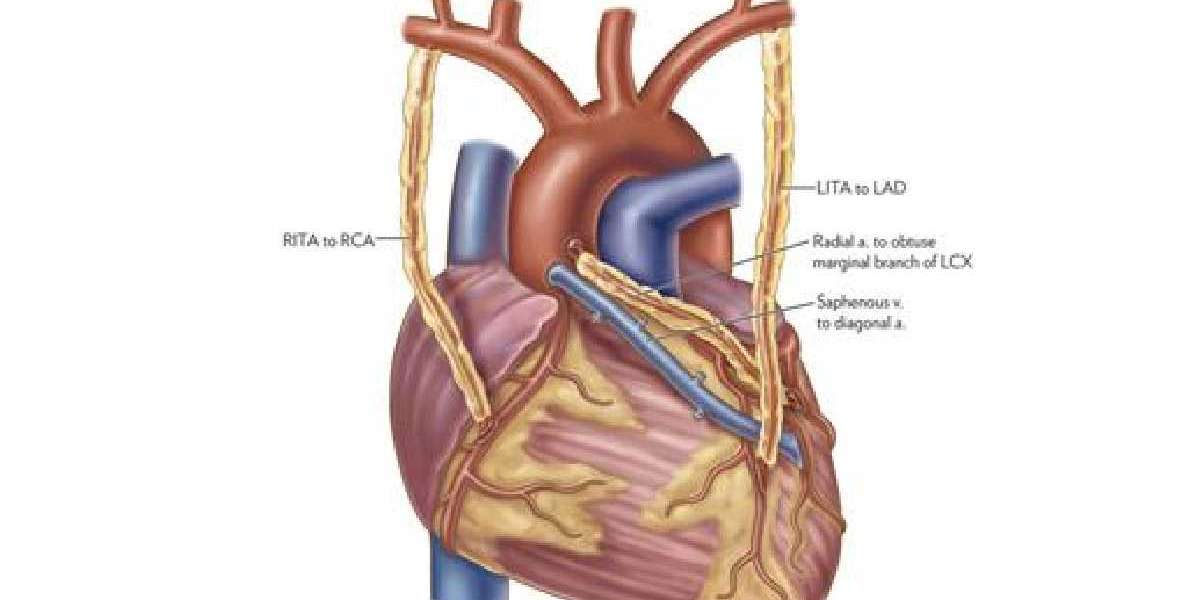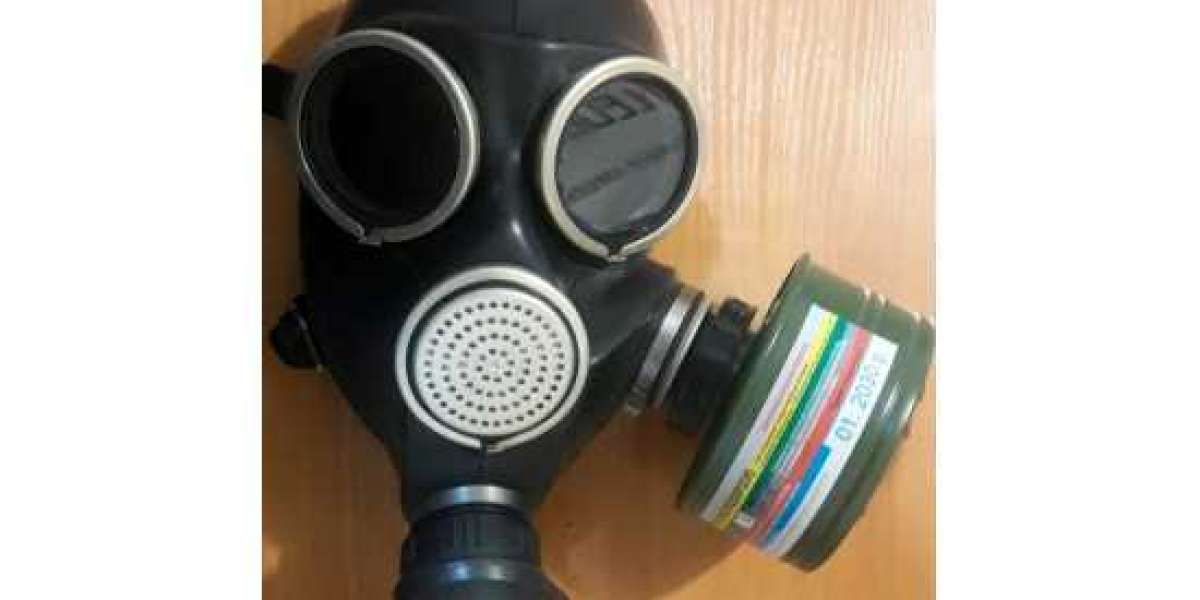Heart bypass surgery, also known as coronary artery bypass grafting (CABG), is where a heart surgeon takes vessels from other parts of the body to bypass a blocked artery. This results in more blood and oxygen that can flow to the heart again. Coronary arteries are responsible for supplying the heart with nutrients, energy, and oxygen. A blockage in these arteries can lead to a heart attack or other heart concerns.
Therefore, it is vital to keep the heart well-supplied with sufficient blood. When these arteries are blocked, the surgeon creates a bypass for the smooth flow of blood. Therefore, bypass surgery is performed when the coronary arteries are either partially or fully blocked.
To better understand this life saving heart surgery, Dr. Sujay Shad, a leading bypass surgeon in Delhi, shares important insights about bypass surgery. Continue reading to learn more.
What Happens During a Coronary Bypass Surgery?
During the surgery, Dr. Sujay Shad creates a pathway for the blood to flow, ensuring sufficient blood supply to the heart. This is done by bypassing the coronary arteries using other blood vessels from the patient's body (generally from the chest, (LIMA, RIMA), arms (radial artery), or legs and thighs) to safely and effectively use in the heart. The surgery is performed depending on the patient’s situation and only after a detailed evaluation by the expert heart surgeon.
Why Does One Need Heart Bypass Surgery?
Bypass surgery treats signs and symptoms of coronary artery disease. This happens when the plaque builds up inside the arteries and blocks the blood and oxygen from reaching it. The surgeon may suggest a bypass surgery if:
- One has severe chest pain, which could occur when the arteries responsible for supplying blood to the heart are blocked.
- One of the arteries is causing the left ventricle, the chamber that does most of the heart's blood pumping, to not work properly the way it should.
- There is a blockage in the left coronary artery, which supplies most of the blood to the left ventricles.
- One has had other procedures, either of which has worked, or the arteries have become narrow again.
- One has a new blockage in their arteries.
How Successful is a Coronary Bypass Surgery?
Most heart centers have a success rate of nearly 99% or more. There are two different categories of patients undergoing coronary bypass surgery:
- Elective: These are patients who have never had a heart attack and whose heart functions properly.
- Emergency: These patients require bypass surgery after a heart attack as it has left the heart with muscle damage and poor heart functioning.
Factors such as additional comorbidities like diabetes, hypertension, strokes, and kidney and liver failure can also increase the risk of hospitalization and surgery.
A coronary artery disease can lead to one having a heart attack. It can also cause a blood clot and affect blood flow. Therefore, bypass surgery can improve a heart’s health and lower the risk of heart attack and other concerns.
To enquire about Bypass Surgery Cost in Delhi, consult Dr. Sujay Shad, an expert heart and bypass surgeon at the renowned Sir Ganga Ram Hospital today!








